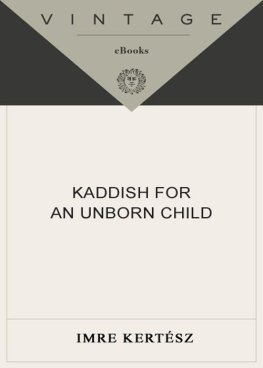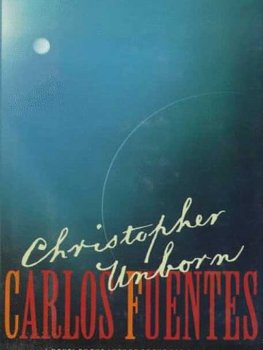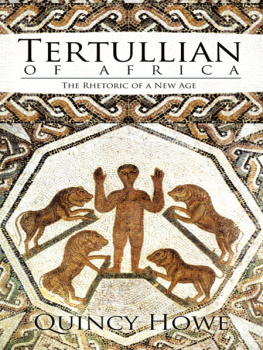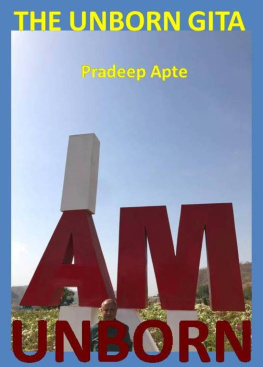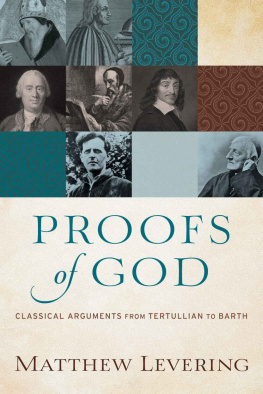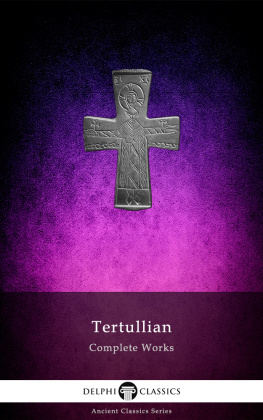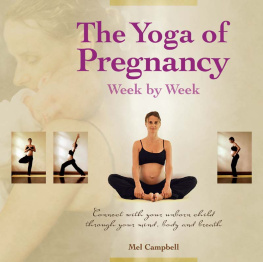
Tertullian and the Unborn Child
Tertullian of Carthage was the earliest Christian writer to argue against abortion at length, and the first surviving Latin author to consider the unborn child in detail. This book is the first comprehensive analysis of Tertullians attitude towards the foetus and embryo. Examining Tertullians works in light of Roman literary and social history, Julian Barr proposes that Tertullians comments on the unborn should be read as rhetoric ancillary to his primary arguments. Tertullians engagement in the art of rhetoric also explains his tendency towards self-contradiction. He argued that human existence began at conception in some treatises and not in others. Tertullians references to the unborn hence should not be plucked out of context, lest they be misread. Tertullian borrowed, modified, and discarded theories of ensoulment according to their usefulness for individual treatises. So long as a single work was internally consistent, Tertullian was satisfied. He elaborated upon previous Christian traditions and selectively borrowed from ancient embryological theory to prove specific theological and moral points. Tertullian was more influenced by Roman custom than he would perhaps have admitted, since the contrast between pagan and Christian attitudes on abortion was more rhetorical than real.
Julian Barr is a research fellow at the University of Queensland, where he completed his PhD in classics. He tutors ancient history and classical languages. His research interests include early Christianity, ancient medicine, and the Roman family.
Medicine and the Body in Antiquity
Series editor: Patricia Baker, University of Kent, UK
Advisory board:
Lesley A. Dean-Jones, University of Texas at Austin, USA
Rebecca Gowland, University of Durham, UK
Jessica Hughes, Open University, UK
Ralph Rosen, University of Pennsylvania, USA
Kelli Rudolph, University of Kent, UK
Medicine and the Body in Antiquity is a series which aims to foster interdisciplinary research that broadens our understanding of past beliefs about the body and its care. The intention of the series is to use evidence drawn from diverse sources (textual, archaeological, epigraphic) in an interpretative manner to gain insights into the medical practices and beliefs of the ancient Mediterranean. The series approaches medical history from a broad thematic perspective that allows for collaboration between specialists from a wide range of disciplines outside ancient history and archaeology such as art history, religious studies, medicine, the natural sciences, and music. The series will also aim to bring research on ancient medicine to the attention of scholars concerned with later periods. Ultimately this series provides a forum for scholars from a wide range of disciplines to explore ideas about the body and medicine beyond the confines of current scholarship.
Published:
Bodies of Evidence: Ancient Anatomical Votives Past, Present and Future
Jane Draycott and Emma-Jayne Graham
Tertullian and the Unborn Child
Christian and Pagan Attitudes in Historical Perspective
Julian Barr
First published 2017
by Routledge
2 Park Square, Milton Park, Abingdon, Oxon, OX14 4RN
and by Routledge
711 Third Avenue, New York, NY 10017
Routledge is an imprint of the Taylor & Francis Group, an informa business
2017 Julian Barr
The right of Julian Barr to be identified as author of this work has been asserted by him in accordance with sections 77 and 78 of the Copyright, Designs and Patents Act 1988.
All rights reserved. No part of this book may be reprinted or reproduced or utilised in any form or by any electronic, mechanical, or other means, now known or hereafter invented, including photocopying and recording, or in any information storage or retrieval system, without permission in writing from the publishers.
Trademark notice: Product or corporate names may be trademarks or registered trademarks, and are used only for identification and explanation without intent to infringe.
British Library Cataloguing in Publication Data
A catalogue record for this book is available from the British Library
Library of Congress Cataloging in Publication Data
A catalog record for this book has been requested
ISBN: 978-1-472-46740-9 (hbk)
ISBN: 978-1-315-61215-7 (ebk)
Dedicated to Kelly Barr and our wonderful children
This book grew from my PhD thesis, but ultimately finds its genesis in a waiting room at the Royal Brisbane and Womens Hospital. At the time I was looking for a suitable topic for my doctoral research. My studies thus far had centred upon Roman social and literary history, and it seemed natural for me to continue on that path. It just so happened that my wife and I were expecting our first child. Waiting to be called in for our first ultrasound, I found myself wondering how the Romans would have conceptualised the foetus and embryo, given that the medical imaging technology we take for granted did not exist. You might have seen a light bulb over my head. What was the unborn childs place in the Roman family? How did Roman literary tropes affect the depiction of the unborn? A few months later, it became clear that I needed to narrow the focus of my research somewhat. My advisors suggested that the project might be more manageable if it revolved around one ancient author. Tertullian was a good choice. Of all the Latin authors I had read, he seemed to have an awful lot to say on the offspring in utero. And so, more by accident than design, I found myself exploring early Christian views of the foetus and embryo. More to the point, I was viewing the origins of Christian opposition to abortion through the lenses of Roman social and literary history.
These are perhaps dangerous waters. I cannot pretend this is not a politically contentious issue. Nor can I act as though contemporary readings of early Christian sources occur in isolation from modern controversy. All too often in my readings of the secondary literature I have seen Tertullian and other ancient authors pressed into service as mouthpieces in todays abortion debate. Tertullian especially has been characterised as pro-life or pro-choice. Yet I suspect these terms would have rather puzzled him, as they are distinctly modern. Rather than follow this anachronistic trend in scholarship, I seek to provide a more thorough and holistic explication of Tertullians views on the subject without trying to advocate any political stance of my own. If I have one agenda in writing this book, it is to provide an historical context which may facilitate more informed discussion. Although this is ostensibly an historical and literary study, the research presented here will be of value to anybody with an interest in the history of Christian thought concerning abortion. I thus intend for my book to be of use both to specialists and non-specialists in antiquity. All translations, unless otherwise indicated, are my own.
I wish to acknowledge the assistance and support of several individuals and institutions. This book is based on my PhD thesis: Tertullians Attitude toward the Human Foetus and Embryo (University of Queensland, 2014). The thesis was written and researched under the careful supervision of Janette McWilliam and Tom Stevenson. They steered me in the direction of Tertullian, for which I am very grateful. The thesis was examined by Geoffrey Dunn and Paul McKechnie. Id like to take this opportunity to express my gratitude to all four of these scholars for their comments on the thesis. Their many excellent suggestions have been implemented through the process of turning it into a book. More generally I would like to thank the Classics team at the University of Queensland for their constant support and willingness to discuss ideas, especially Amelia Brown, Caillan Davenport, Alastair Blanshard, Denis Brosnan, Murray Kane, David Pritchard, and Luca Asmonti. Special thanks are also due to Bob Milns, John Whitehorne, Sonia Puttock, and Rick Strelan, whose advice has proven invaluable.


